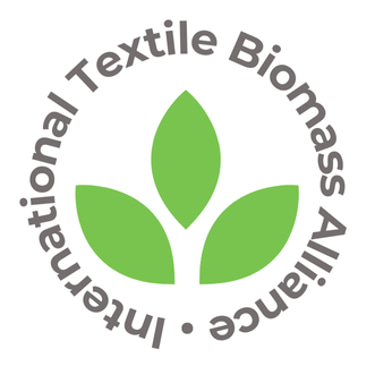Responsible Communication: An Imperative for the Fashion Industry
In a world where consumers are increasingly aware of environmental and social issues, the fashion industry must fundamentally rethink its communication. Beyond eco-designed products and ethical supply chains, the entire communication strategy must now reflect an authentic commitment to sustainability.
5/15/20252 min read


Responsible Communication: An Imperative for the Fashion Industry
The Necessary Evolution of Discourse in the Textile Sector
In a world where consumers are increasingly aware of environmental and social issues, the fashion industry must fundamentally rethink its communication. Beyond eco-designed products and ethical supply chains, the entire communication strategy must now reflect an authentic commitment to sustainability.
What is Responsible Communication?
Responsible communication in the fashion sector goes far beyond simple greenwashing. It involves complete coherence between the values promoted and the messages conveyed. It's a holistic approach that touches all aspects of a brand's communication: from the design of advertising campaigns to transparency about product manufacturing, as well as consumer education.
The Pillars of a Truly Responsible Communication Strategy
1. Transparency and Authenticity
Pioneering brands in responsible communication openly share information about their environmental and social impact. They communicate not only about their successes but also about the challenges they face. This transparency builds consumer trust and demonstrates a genuine commitment to progress.
2. The End of the Traditional Incentive Model
Responsible communication moves away from the traditional model based on constant encouragement to purchase. It favors an approach that values product durability, quality, and longevity rather than rapid replacement. Messages like "buy less, buy better" replace incentives for overconsumption.
3. Education at the Heart of the Strategy
Responsible brands consider consumer education as an integral part of their mission. They share information about garment care, sustainable materials, and the environmental impacts of the sector. This approach helps raise public awareness while positioning the brand as an engaged and credible actor.
Concrete Practices to Adopt
Avoid greenwashing: Ban vague claims like "eco-friendly" without concrete evidence
Adopt authentic visuals: Favor images that represent reality rather than idealized portrayals of "sustainable fashion"
Communicate measurable results: Share quantified data on water and energy savings or carbon footprint reduction
Prioritize quality over quantity: Reduce the volume of communications to focus on meaningful messages
Choose eco-designed communication materials: Catalogs printed on recycled paper, optimized digital displays to reduce energy consumption, etc.
Strategic Benefits for Brands
Companies that adopt responsible communication aren't just making a gesture for the planet - they also gain significant business advantages. Authentic communication strengthens customer loyalty, attracts new engaged consumers, and can even reduce marketing costs in the long term.
A recent study indicates that 67% of consumers are willing to pay more for brands that communicate transparently about their environmental and social practices. Conversely, 83% report having already boycotted a brand after discovering greenwashing practices.
In conclusion, towards a new industry standard, responsible communication is no longer an option but a necessity for the fashion industry. Brands that delay adapting their communication strategies risk losing credibility and market share to competitors who are more agile and authentic in their sustainable commitment.
Pioneers of this transition demonstrate that it is possible to reconcile commercial success and responsible communication. It is by adopting these new practices that the textile industry can truly contribute to building a more sustainable future for fashion and the planet.
ITBA - AIBT
If you have any questions, please do not hesitate to contact us.
FOLLOW US
Ressources
contact@itba-aibt.org
© 2025. All rights reserved.
Help




